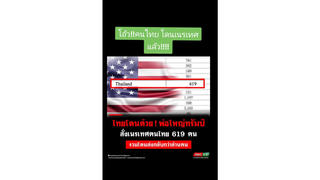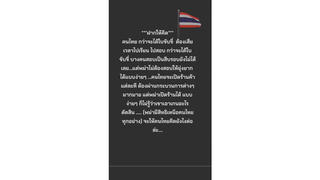STORY UPDATED: check for updates below.

Did researchers prove intermittent fasting causes a higher risk of cardiovascular death? No, that's not true: The paper used to back this claim is flawed, lacks evidence and remains unpublished and unreviewed, according to a Thai medical doctor and reporting in several publications. Additionally, there is no published research paper presenting the results, and the data collection method, reliant on respondents' memories, is unreliable.
The claim appeared in a video (archived here) on TikTok by @bowling_ranuka on March 21, 2024. The caption (translated from Thai to English by Lead Stories staff) read:
16/8 intermittent fasting linked to a 91% higher risk of cardiovascular death.
This is what the post looked like on TikTok at the time of writing:
(Source: TikTok screenshot taken on Mon Mar 25 10:12:33 2024 UTC)
Intermittent fasting (IF) (archived here) is a dietary approach characterized by alternating periods of food abstention and consumption on a scheduled basis. It has gained popularity as an effective method for weight loss. However, on March 18, 2024, the American Heart Association (AHA) issued a press release (archived here) revealing new research suggesting that eight-hour time-restricted eating, a form of intermittent fasting, is associated with a 91 percent higher risk of cardiovascular death. The AHA also stated that these research abstracts were preliminary and had not yet been peer-reviewed.
The medical community swiftly disseminated these findings, prompting numerous doctors to discredit them. Dr. Sasapin Wongkovit (archived here), also known as Dr. Nuize, a respected physician in Thailand, shared a video on TikTok (archived here) elucidating why this research remains untrustworthy.
Several articles have also pointed out numerous shortcomings in the research, casting doubt on the reliability of its findings (archived here, here and here). First, the research is observational in nature. It involved distributing questionnaires to 20,000 U.S. adults, men and women with an average age of 49 years, and tracking them over eight to 17 years. However, this method relies on participants' memories, which can be unreliable, especially considering that intermittent fasting practices may vary from day to day for some individuals. Second, the frequency of administering the questionnaire was too infrequent, only twice a year. The study also failed to differentiate between participants with chronic diseases and those without. Additionally, the 20,000 participants did not follow similar diets. The sample size of 20,000 volunteers is relatively small compared to the overall population of the U.S. Consequently, these limitations raise significant concerns about the research's ability to draw conclusive results.
At the same time, there is research (archived here) that proves the benefits of intermittent fasting. This was a 2021 study published by Frontiers in Nutrition. It reviewed via a meta-analysis, a technique used to combine and analyze the results of multiple independent studies, which showed a significant positive correlation between body mass index and weight loss during intermittent fasting.
Updates:
-
2024-03-26T17:27:07Z 2024-03-26T17:27:07Z CORRECTION: This story was revised to accurately reflect the findings about intermittent fasting.











